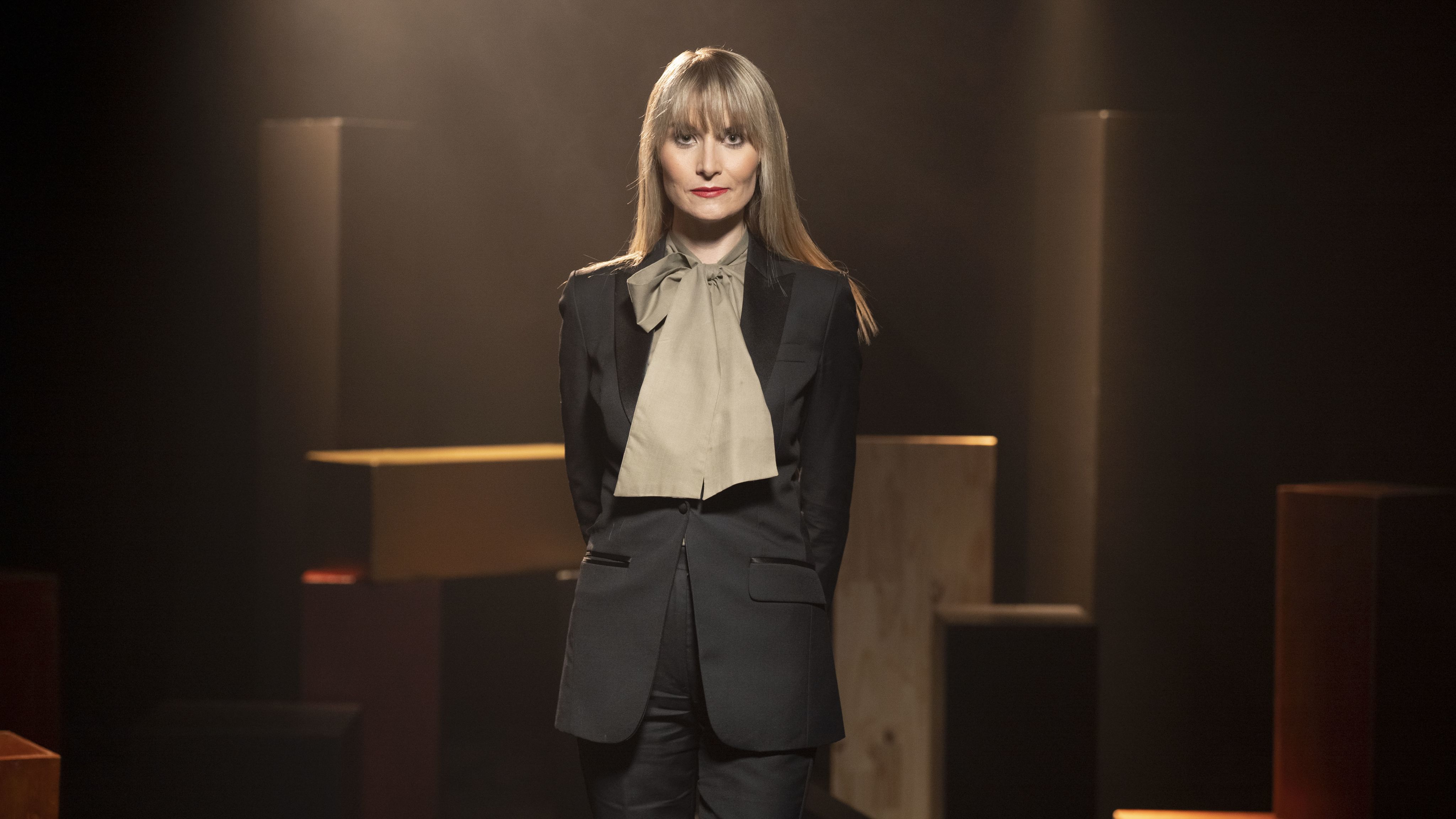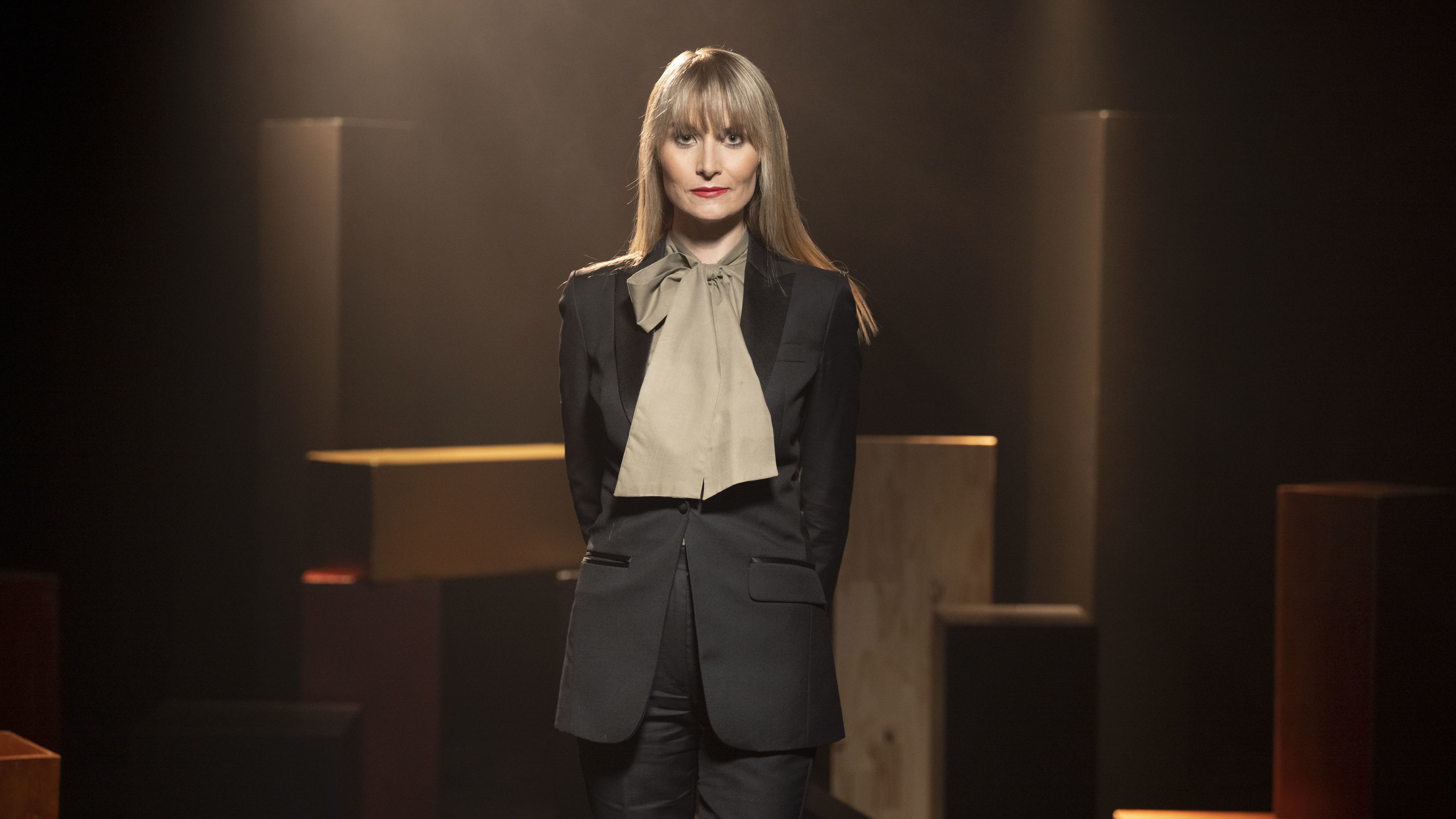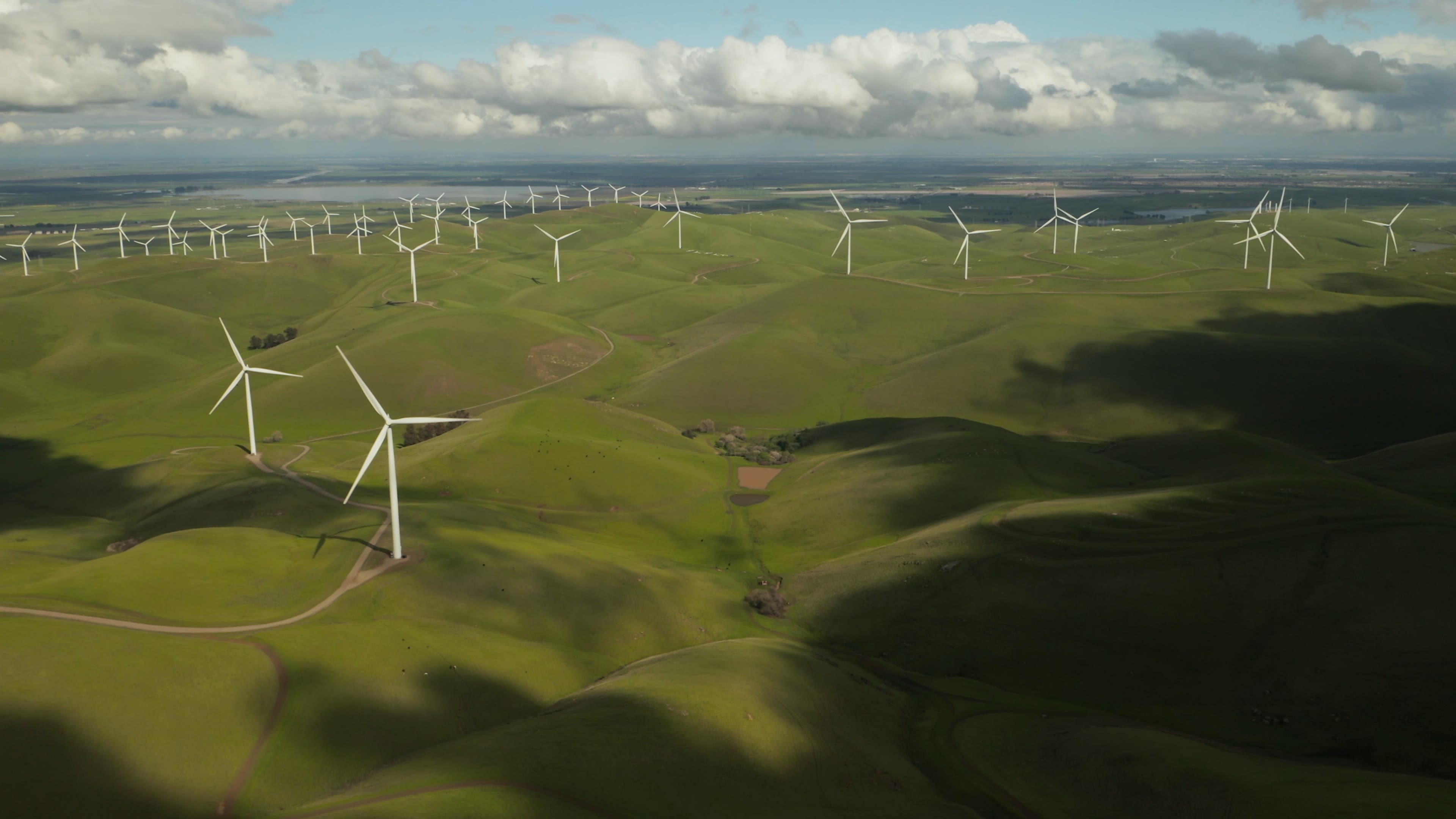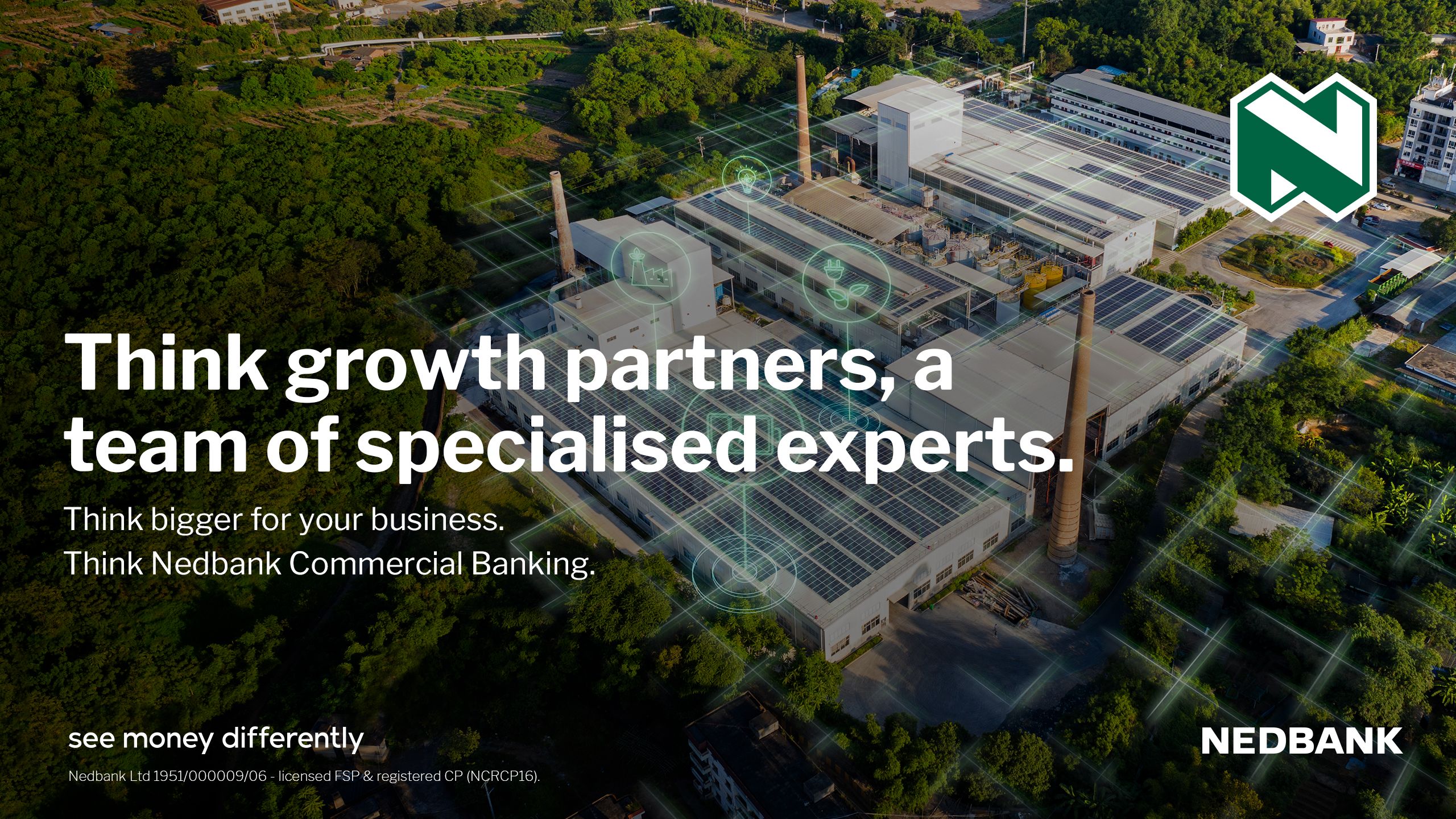WATCH | Positive Sustainability: Invest in the Future You Want to Invest in
A talk by Bronwyn Williams | Flux Trends

Trends expert Bronwyn Williams looks into the real-world environmental cost of virtual realities and how businesses and individuals can use their voices to help cultivate positive sustainability.
Technology is getting smarter and faster every minute, and as every day goes by virtual realities are slowly integrating into our real world.
As we get deeper into the world of non-fungible tokens (NFTs) and cryptocurrencies, we often forget that these technologies have real-world environmental costs, and we often miss the opportunity to invest in positive sustainability as a solution.
In a talk titled 'Positive Sustainability: Invest in the Future You Want to Invest In', trends expert Bronwyn Williams of Flux Trends dives into the environmental cost of these virtual realities. Some of the concepts she touches on include:
- Reality privilege;
- Technologies getting cheaper than food security;
- How to invest in being part of the sustainability solution (even if the problem is not your fault).
Billionaire and Meta investor Marc Andreessen famously coined the phrase 'reality privilege' - essentially a look at how in the real world, we have failed to create a decent standard of living for everyday people, some who still battle with food security.
The idea then, is that a focus on virtual alternate realities that allow people to experience virtually the realities that only the 1% enjoy in the real world could bridge the divide.
But as Williams aptly puts it, the problem with this idea is that: "NFT cake does not fill you up. You are still hungry even after you've eaten an imaginary virtual banquet."
The real-world cost
There is a steeper cost however for multiple virtual reality solutions too. For instance, a 2022 report by the White House titled 'Climate and energy implications of crypto-assets in the US' revealed that cryptocurrency mining accounts for 140 million metric tons of CO2 per year released into the atmosphere - or 0.3% of all global greenhouse gas emissions.
There is also the physical cost associated with the latest virtual trend to hit the world: artificial intelligence generative programmes.
"Chat GPT3, which was the first version that most of us got to play around with, used something like 700 000 litres of water just to train the models," explains Williams. "That's before it even got into our own hands. And every time you ask these AI generative programmes a question, it's basically equivalent to taking a full bottle of clean water and pouring it onto the floor."
In effect, our virtual environments have a real-world cost too. "As much as there are real challenges, even without virtual environments, every real problem also presents a real opportunity for businesses and for individuals to get involved with solving that problem and hopefully make a profit for themselves along the way too," she says.

Bronwyn Williams | Flux Trends
Bronwyn Williams | Flux Trends
Being part of a solution
Williams notes that although the price of data and digital products that help us access the virtual world is getting cheaper, there is real inflation on things like food security, healthcare and electricity. Businesses and individuals need to start becoming more active participants in society and work towards finding a solution for these problems, she says.
A key area within a South African context where one can be part of the solution is the current electricity crisis. Roaring blackouts have become a normal part of our lives yet shouldn’t be the case. Part of positive sustainability is taking charge and employing our agency to be part of a solution.
Going off the grid or investing in your own energy generation can be a good opportunity to secure your own future. The challenge is to see any action you may take as a business or individual, as being part of an investment over and above just a solution.
"There are great incentives right now, such as financing opportunities, or more technology that you can take advantage of, but it does require taking initial steps," encourages Williams.
Contributing to society
For instance, South Africa's 'green bank' – Nedbank - provides financing opportunities through a series of products and services that facilitate the changes a business must make to be part of the economic transition from extractive to regenerative. The commercial banking unit has been in the market since 2014 under the Fair Share 2030 banner and offers clients the opportunity to fund greener business solutions.
In 2020 the bank spent a total of R197m of its property finance lending for facilities that included solar power. It also launched a residential solar energy finance offering that saves its clients money on electricity bills by leveraging their home loans to install solar panels.
Williams says businesses and individuals with the capital and capacity to go off-grid should look at it as just an act of self-preservation, but also to make sure that they use their capacity to ensure that others are not left behind.
"We don't want energy, water, and food security to be a privilege. We want it to be something that is participatory for our whole community because again, just like when it comes to investing in a property or investing in a business, that business and that property's success and its worth… is dependent on the strength of the society around us," she says.
Partner with Nedbank Commercial Banking and find out more about finding your voice for positive sustainability.



